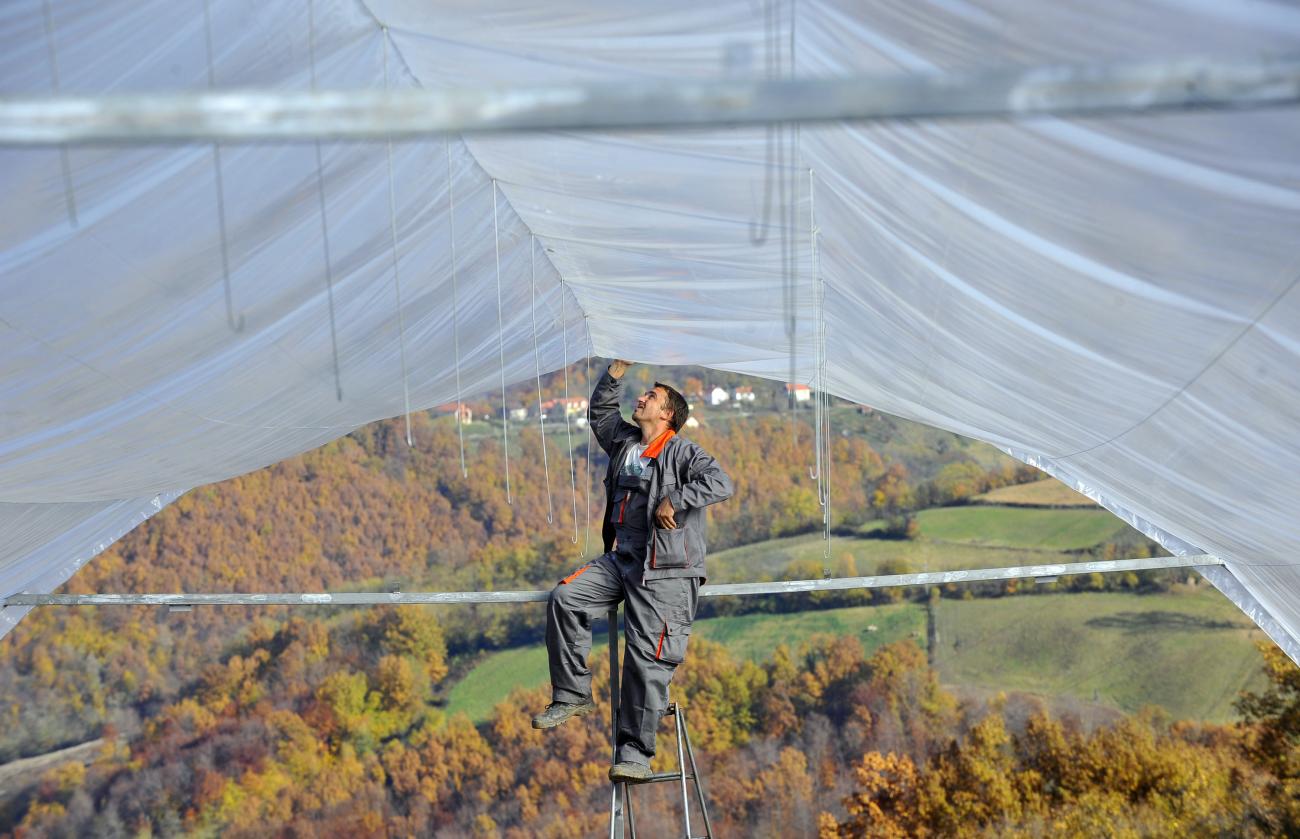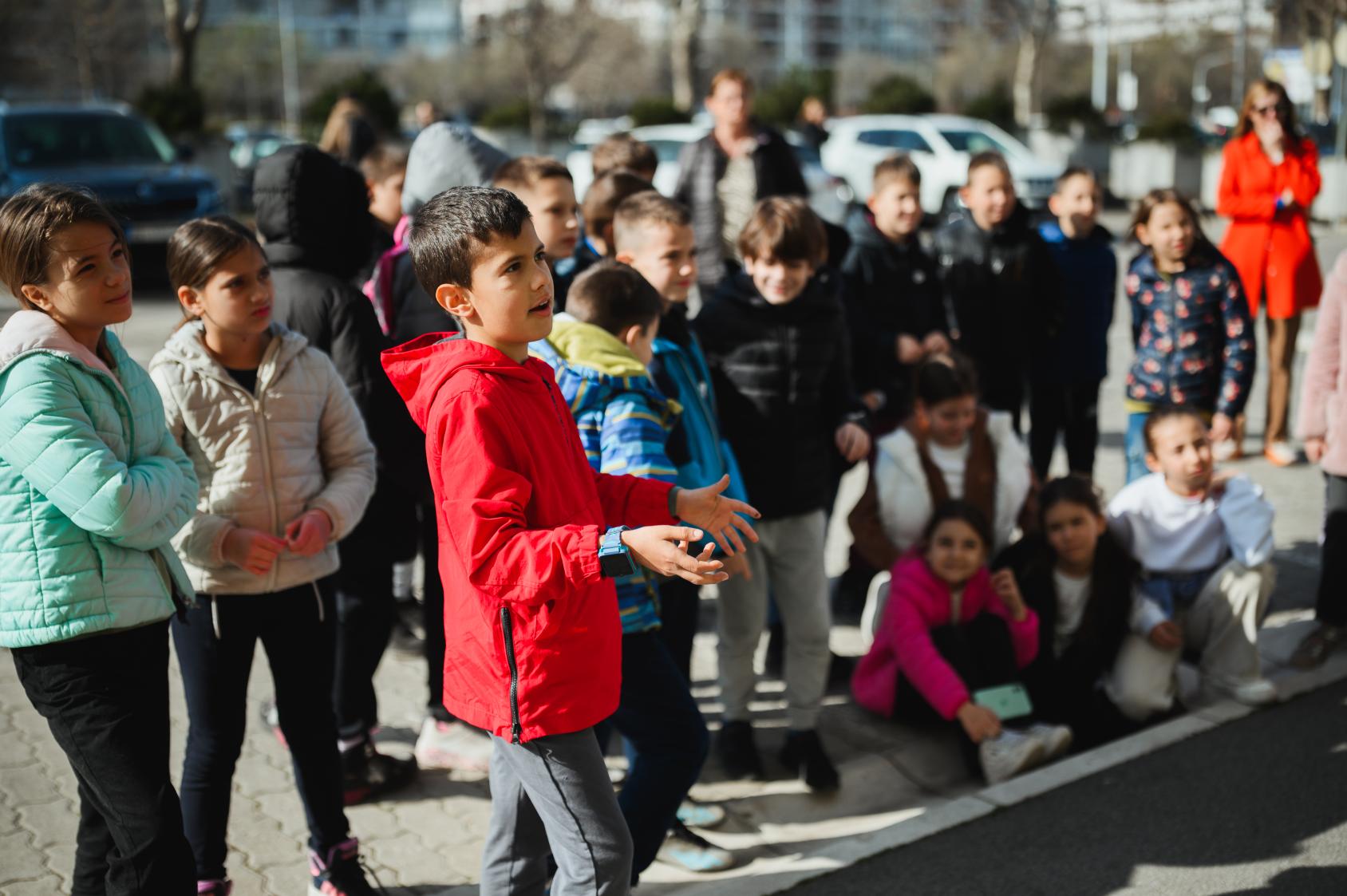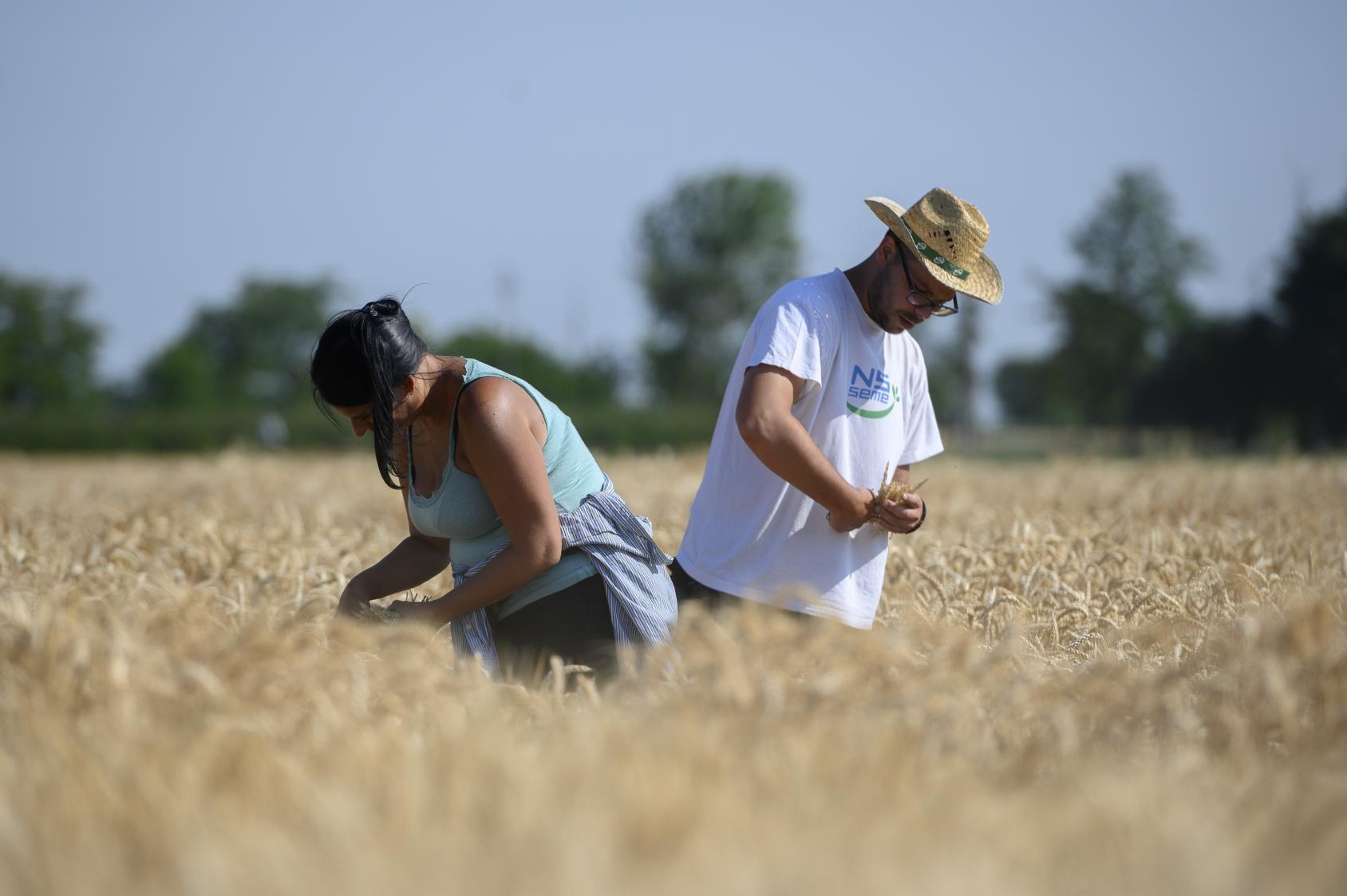Greening Serbia's Future

The latest UN Sustainable Development Goals (SDGs) report paints a stark picture: the world is off track to achieve them by their intended timeline due in 2030. Even as the world grapples with eradicating poverty, limiting unprecedented hunger and coping with persistent climate shocks Serbia’s journey to embrace a green transition and build resilience offers a glimmer of hope. The nation is balancing economic development with environmental sustainability.
Serbia's journey towards sustainability is a complex one, with a heavy reliance on fossil fuels posing a significant challenge. However, the government's ambitious goal of achieving 45 per cent renewable energy by 2030 is encouraging, and the UN Country Team is actively supporting Serbia in this transition.
The UN Country Team, led by the Resident Coordinator (RC) is committed to supporting Serbia's green transition and building resilience. By coordinating UN efforts and leveraging the expertise of different agencies, the UN aims to maximize the impact of its work and ensure that no one is left behind. This includes a strong focus on a just green transition that ensures the benefits of a sustainable future are shared equitably among all segments of society.
Catalyzing renewable energy investments
The UN is investing in innovative solutions for energy efficiency, energy poverty, and renewable energy. The Resident Coordinator’s Office (RCO) has a key role in the identification and strengthening of partnerships, leading to the mobilisation of resources for these innovative projects, ensuring that they align with national priorities and contribute to the acceleration of the SDGs. As a result, the partnerships with international financial institutions (IFIs) and the private sector are being leveraged to attract significant investments towards Serbia's just, green, economic transformation. The Green Agenda in Serbia, a flagship initiative, led by the UN Development Programme (UNDP) with the UN Environment Programme’s (UNEP) participation, is collaborating closely with the European Investment Bank (EIB) to scale up investments, identify bankable projects, and establish sustainable financing mechanisms. The programme is generating US$ 17.2 million from the private sector, with US$ 3.1 million in grants to support innovative projects that enable and accelerate the green transition in Serbia.
The UN is promoting a diverse portfolio of innovative projects, ranging from air purification technologies to renewable energy solutions, to accelerate Serbia's green transition. These efforts have yielded tangible results, including increased renewable energy capacity by 7.9 MW, a 30 per cent reduction in primary energy consumption in public buildings, and the elimination of 200 tons of production waste.

Championing decarbonization
The UN is actively supporting Serbia's commitment to reduce greenhouse gas emissions under the Paris Agreement by aligning regulatory frameworks with European Union (EU) standards and developing a plan for a just transition to a low-carbon economy. Through the coordination mechanisms of the UN Sustainable Development Cooperation Framework, the RCO has fostered joint efforts among UN agencies and national partners to accelerate the adoption these decarbonization efforts. As a result, the adoption of the Low Carbon Development Strategy by 2030, which is crucial for Serbia's decarbonization efforts, fully incorporates the plan for a just transition to a low-carbon economy, with the support of UNDP.
Furthermore, the UN is also promoting energy efficiency investments in public buildings, resulting in, at least, a 30 per cent reduction in primary energy consumption and a decrease of up to 20 per cent of CO2 emissions in the public buildings sector, improved working conditions and safety at work, and protection and preservation of the cultural heritage.

Fostering systems change
The green transition in Serbia is not merely an environmental endeavor; it's an entry point for transformative systems change. By embracing sustainable practices, Serbia can trigger a ripple effect that extends to other critical areas of the SDGs. For instance, the shift to renewable energy (SDG 7) not only combats climate change (SDG 13) but also fosters innovation and economic growth and creates jobs (SDG 8), improves public health by reducing air pollution (SDG 3), and enhances access to clean energy for marginalized communities (SDG 10). Furthermore, sustainable agricultural practices supported by green technologies can simultaneously boost food security (SDG 2) and protect biodiversity (SDG 15).
Looking ahead, the road to 2030 is undoubtedly challenging, but Serbia's commitment to a green transition, backed by the coordinated support of the UN Country Team, is a source of optimism. By continuing to work together on these initiatives and more, we can create a sustainable and prosperous future for all people in Serbia.
To learn more about the UN’s work in Serbia visit serbia.un.org













